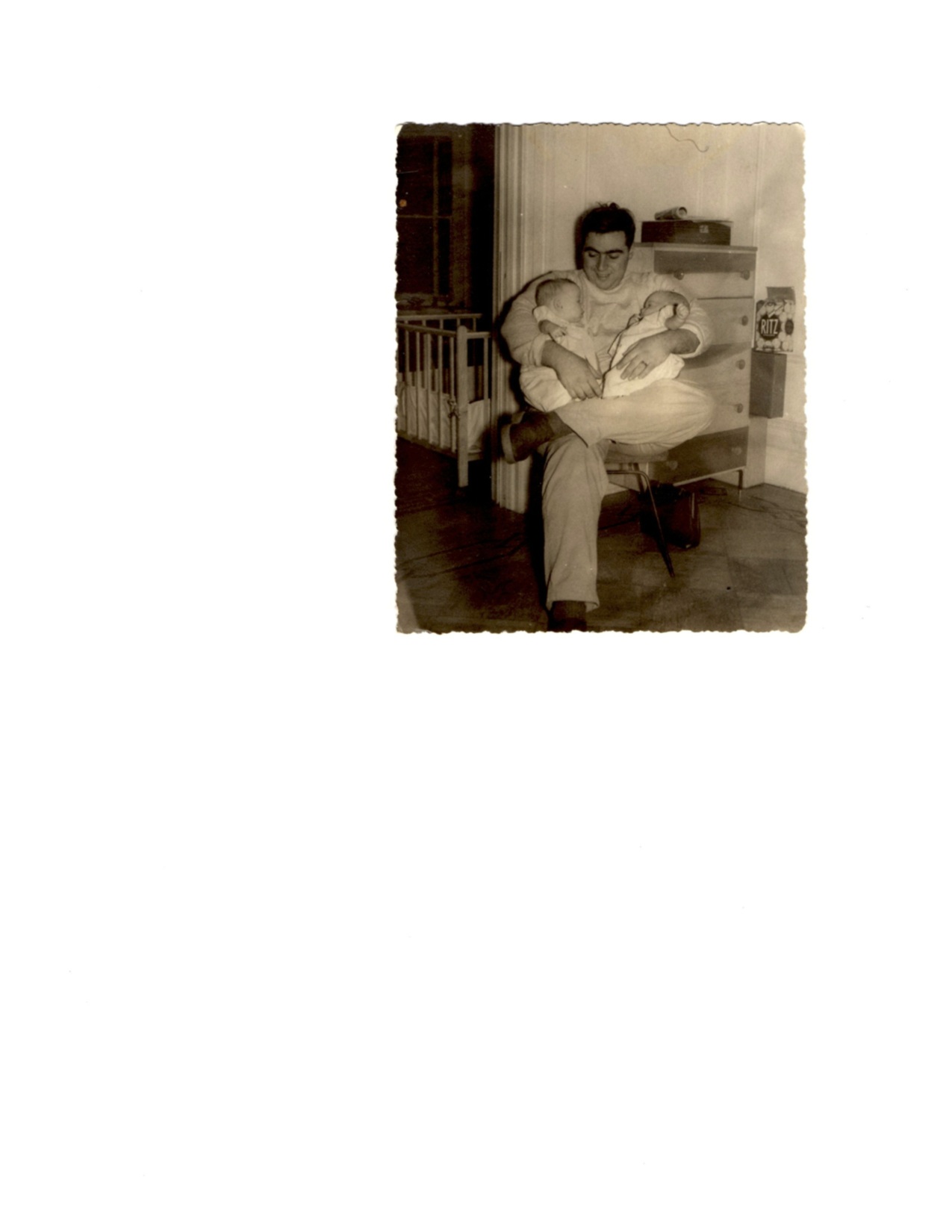George Lakoff, the cognitive-linguist who brought his insights about "framing" to the world of political communication, explained much of what Cheney is doing in this statement. Lakoff's work brought to light the unconscious worldviews - based on visions about the ideal family - that each of us uses as a prism on the world. Liberals have a "nurturant parent" model of the family, where empathy and responsibility are valued. Conservatives have a "strict father" view of the family, emphasizing discipline and self-reliance. As a result, while liberals see tax cuts for the rich as unfair, conservatives see them as just reward for the disciplined and self-reliant.
Clearly, Cheney's macho, lone cowboy imagery is meant to evoke the strict father worldview. So, Bush and Cheney are the only ones who have the "stomach" to do the tough, macho, job of killing and conquering. The wimpy congress has no business weighing in on how tax money is used when it comes to war - they should just get out of the way of the "Commander in Chief."
Lakoff's brand of framing is built on complex scenarios we carry around in our heads. But there is a simpler way that the neo-cons broadcast their subliminal messages. It's what I like to call "micro-framing" - and it's been repeatedly picked up by the mainstream media.
For example, the Bush administration conflated the Iraq War with the war on terror, until the mainstream media (as Media Matters for America pointed out), labeled their Iraq War coverage as "war on terror" coverage. The administration bolstered that conflation by insinuating, in every way possible, that Saddam Hussein was responsible for 9/11 - then denied that they ever made the connection. It worked brilliantly: in 2003, 70% of the American public believed there was a link.
And now, Cheney continues to blur distinctions, by conflating the responsibility for executing wars (i.e., the role of Commander in Chief), with the decision to wage war (the job of Congress). The reference to "war by committee," is a cynical manipulation; a thinly veiled swipe at the whole idea of democracy.
Once such conflations are accepted by the mainstream media, they become seen as simple common sense. They form what social cognition theorists (a branch of social psychology) refer to as "schemas," or organized understandings about something or someone. (A stereotype is a kind of schema; another kind of schema are "scripts" we hold in our heads - like the sequence of events we expect when we go to a restaurant.) If our "war on terror" schema forms in a way that includes Iraq, after a while it becomes automatic, and we stop thinking about it.
Years later, when all the facts get out, we may look back in disbelief at how easily we accepted the distortion; e.g., how we accepted the claim of Saddam's complicity in 9/11. Nevertheless, one of the early social cognition findings on schemas was that once they are formed, people tend to resist remembering information that doesn't fit into them. It's one of our brains' mechanisms for avoiding information overload.
Falling into the conflation trap might be difficult to resist. Bringing it into the public's awareness could help. The profession of journalism has a unique opportunity - and obligation - to play a role in that consciousness-raising process.





